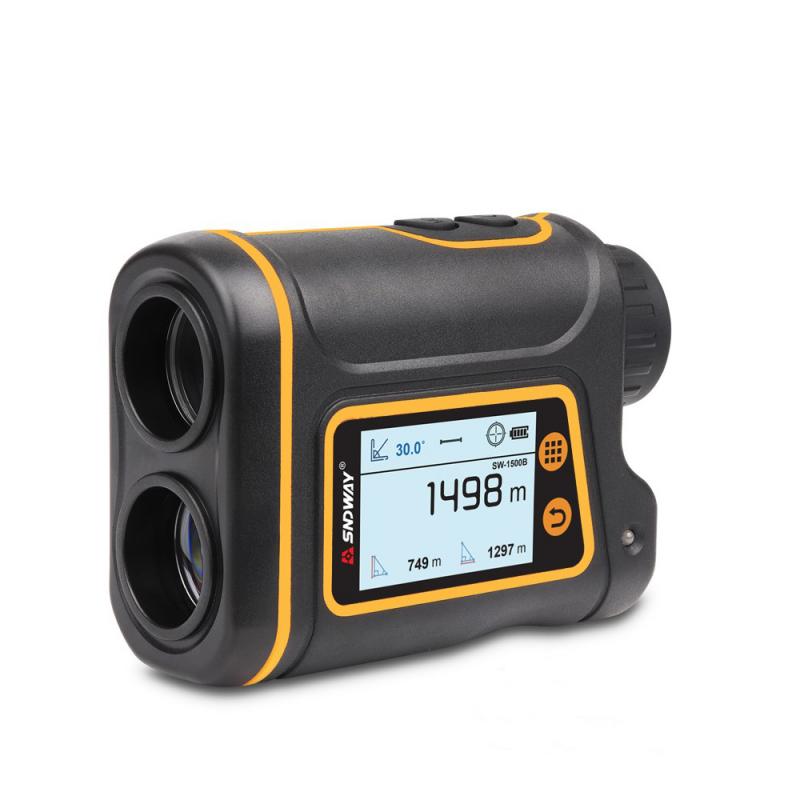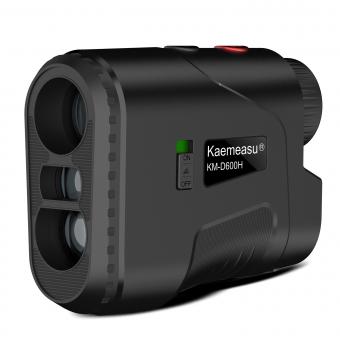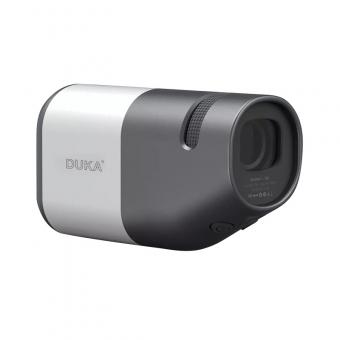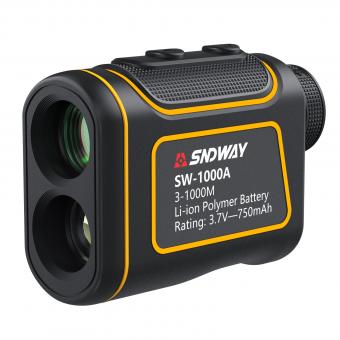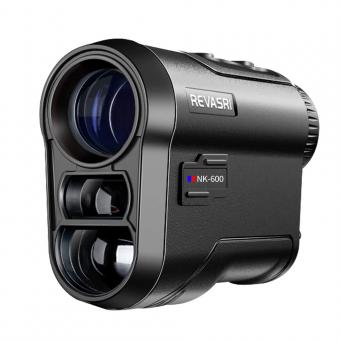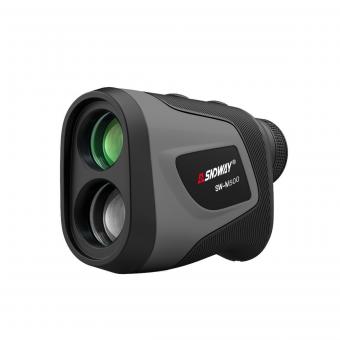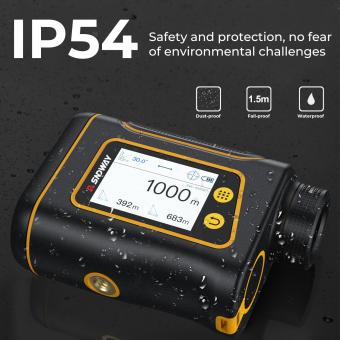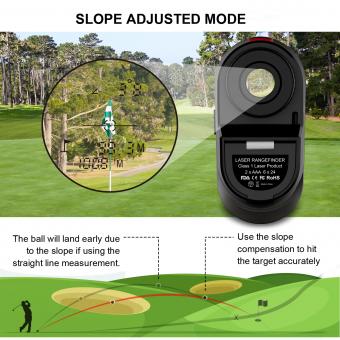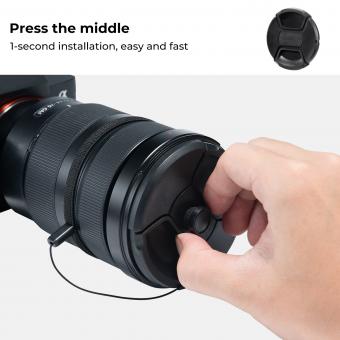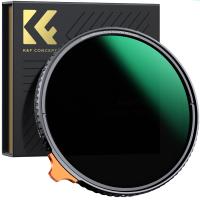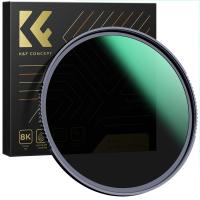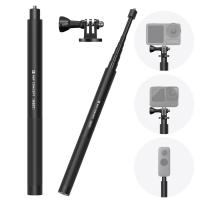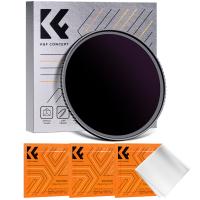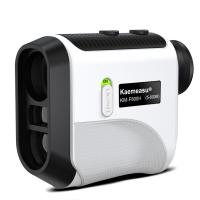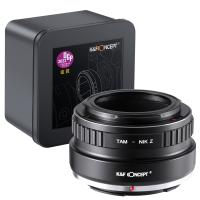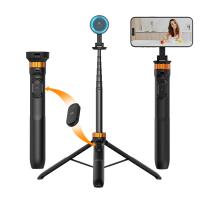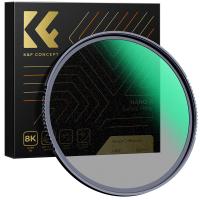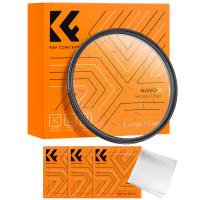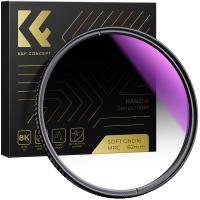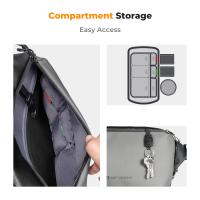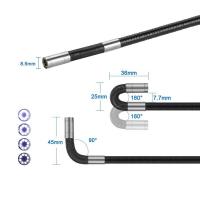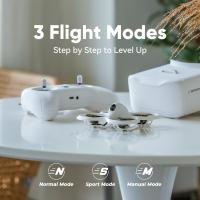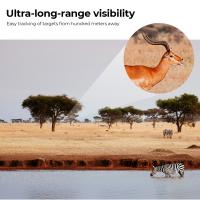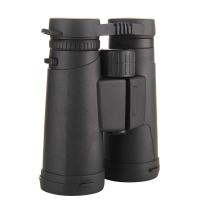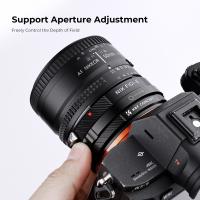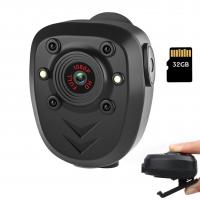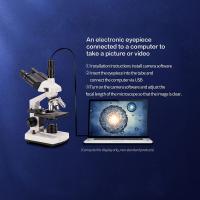What Is Better Golf Gps Or Rangefinder ?
The choice between a golf GPS and a rangefinder ultimately depends on personal preference and playing style. A golf GPS provides accurate distance measurements to various points on the course, including hazards and greens, using satellite technology. It offers a visual representation of the course layout and can provide additional features such as score tracking and shot analysis. On the other hand, a rangefinder uses laser technology to measure distances to specific targets, such as flags or bunkers. It offers precise distance readings and is often preferred by golfers who prioritize accuracy and have a more target-focused approach. Ultimately, it is recommended to try both options and decide which one suits your needs and playing style best.
1、 Accuracy: Rangefinder's laser technology vs. GPS satellite calculations.
What is better, a golf GPS or a rangefinder? The answer to this question ultimately depends on personal preference and individual needs. However, when it comes to accuracy, rangefinders have the edge over GPS devices.
Rangefinders use laser technology to measure the distance between the device and a target, such as the flagstick. This laser technology provides precise and accurate measurements, allowing golfers to accurately gauge the distance to their target. On the other hand, GPS devices rely on satellite calculations to determine distances. While GPS technology has improved over the years, it is still not as accurate as laser technology.
One advantage of GPS devices is that they provide golfers with a detailed map of the course, including hazards, bunkers, and doglegs. This can be particularly useful for golfers who are unfamiliar with a course or for those who like to strategize their shots. Additionally, GPS devices often offer features such as shot tracking and scoring, which can help golfers analyze their game and improve their performance.
However, rangefinders have their own advantages. They are typically more compact and easier to carry around the course. Rangefinders also provide instant feedback, allowing golfers to quickly determine the distance to their target without having to wait for a GPS device to update. This can be particularly beneficial when playing in a fast-paced tournament or when trying to make quick decisions on the course.
In conclusion, while both golf GPS devices and rangefinders have their own strengths and weaknesses, rangefinders are generally considered to be more accurate due to their laser technology. However, it is important for golfers to consider their individual needs and preferences when deciding which device is better suited for their game.
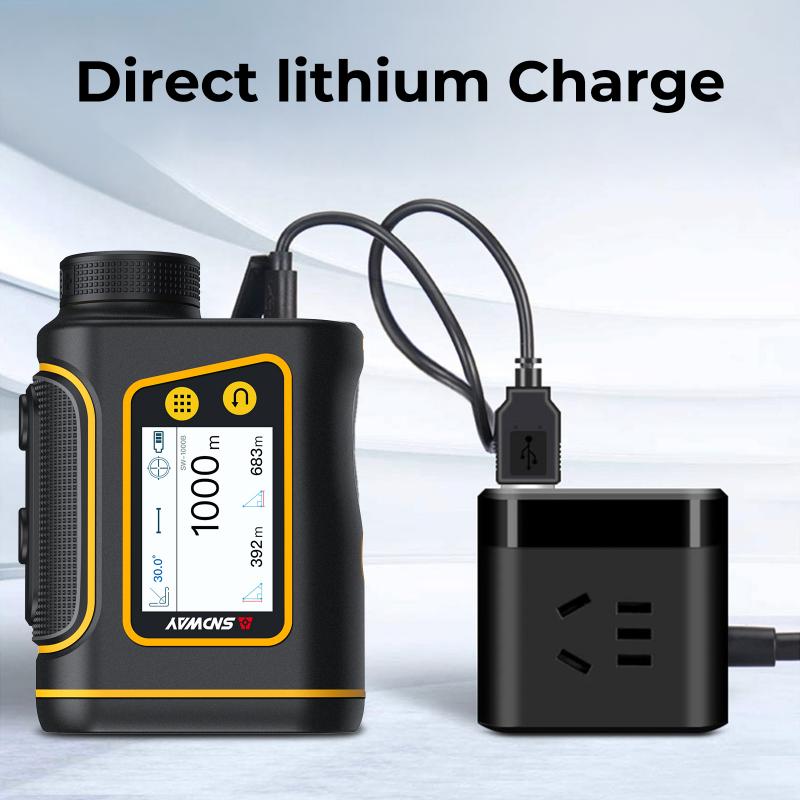
2、 Ease of Use: GPS with preloaded courses vs. Rangefinder's manual targeting.
What is better, a golf GPS or a rangefinder? The answer to this question ultimately depends on personal preference and playing style. However, when considering ease of use, there are some key factors to consider.
A golf GPS with preloaded courses offers the advantage of convenience. With a GPS, you can simply turn it on, select your course, and it will provide you with accurate distances to various points on the course. This eliminates the need for manual targeting and guesswork. Additionally, GPS devices often provide additional features such as hazard information, shot tracking, and scorekeeping. These features can enhance the overall golfing experience and help improve your game.
On the other hand, a rangefinder requires manual targeting. This means you have to physically aim the device at your target to get a distance reading. While this may take a bit more effort, some golfers prefer the precision and accuracy that a rangefinder provides. Rangefinders use laser technology to measure distances, making them highly accurate. They also have the advantage of being able to measure distances to any target, not just preloaded courses.
In recent years, there have been advancements in both GPS and rangefinder technology. GPS devices now offer more detailed course maps and faster satellite connections, making them even more user-friendly. Rangefinders have also become more compact and lightweight, making them easier to carry around the course.
Ultimately, the choice between a golf GPS and a rangefinder comes down to personal preference. Some golfers may prefer the convenience and additional features of a GPS, while others may value the precision and accuracy of a rangefinder. It is recommended to try out both options and see which one suits your playing style and preferences best.
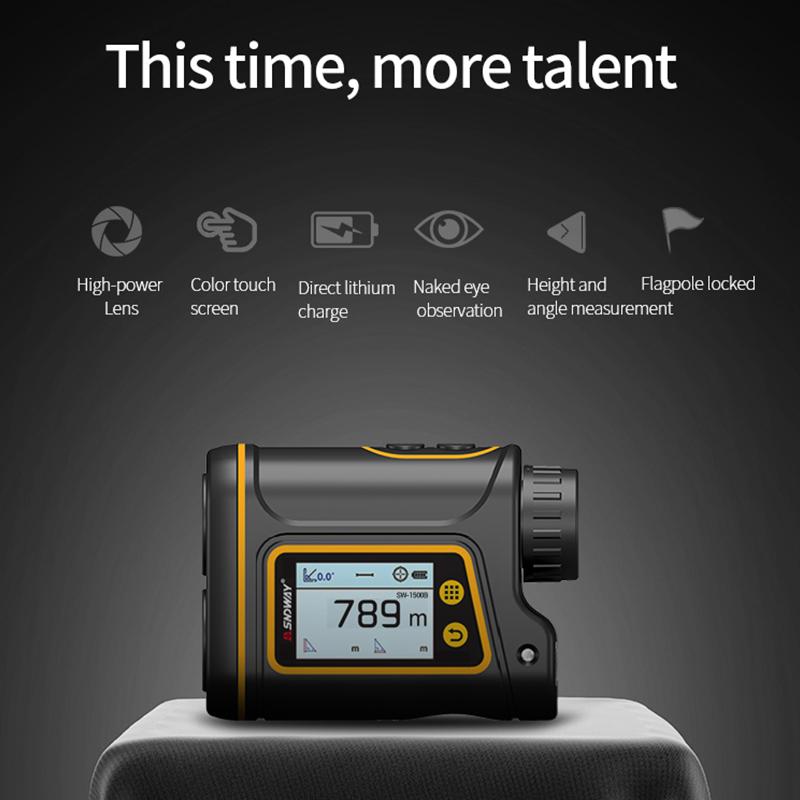
3、 Battery Life: GPS with rechargeable battery vs. Rangefinder's replaceable batteries.
When it comes to the debate of golf GPS versus rangefinder, one important factor to consider is the battery life. GPS devices typically come with a rechargeable battery, while rangefinders use replaceable batteries.
The advantage of a GPS with a rechargeable battery is that it can be easily charged before each round, ensuring that it will last for the entire duration of your game. This eliminates the need to constantly purchase and replace batteries, saving both time and money in the long run. Additionally, many GPS devices now offer extended battery life, allowing golfers to play multiple rounds without needing to recharge.
On the other hand, rangefinders with replaceable batteries offer the convenience of being able to quickly swap out batteries if they run out of power during a round. This can be particularly useful for golfers who frequently forget to charge their GPS devices or find themselves playing longer rounds. However, the cost of purchasing replacement batteries can add up over time.
In terms of the latest point of view, advancements in technology have led to significant improvements in battery life for both GPS devices and rangefinders. Many GPS devices now offer battery-saving features such as auto-off functions and power-saving modes, which help to extend their battery life. Similarly, rangefinders have become more energy-efficient, allowing them to last longer on a single set of batteries.
Ultimately, the choice between a golf GPS and a rangefinder depends on personal preference and playing style. Golfers who prioritize convenience and cost-effectiveness may prefer a GPS device with a rechargeable battery. On the other hand, those who value the ability to quickly replace batteries during a round may opt for a rangefinder.
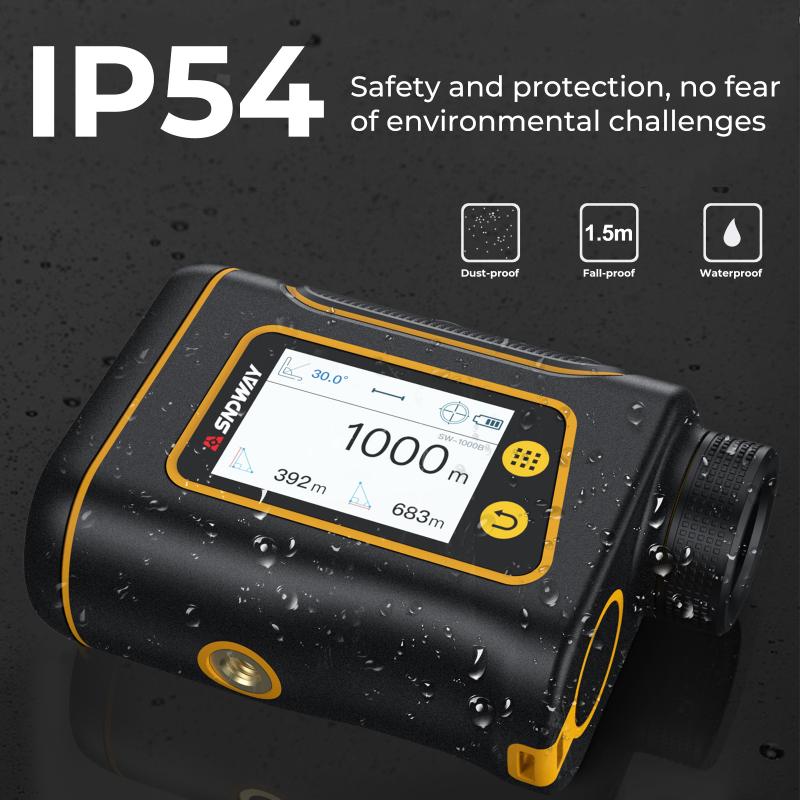
4、 Cost: GPS with upfront purchase vs. Rangefinder's one-time investment.
What is better, a golf GPS or a rangefinder? The answer to this question ultimately depends on personal preference and individual needs. However, one important factor to consider is the cost.
A golf GPS typically requires an upfront purchase, where you pay for the device itself. Once you have the GPS, you have access to accurate distance measurements to various points on the course. This can be particularly useful for players who struggle with judging distances or are unfamiliar with the course. Additionally, many golf GPS devices offer features such as hazard information, course mapping, and score tracking. However, it's worth noting that some GPS devices require a subscription fee for access to certain features or course updates.
On the other hand, a rangefinder is a one-time investment. Rangefinders use laser technology to measure distances to specific targets on the course. They are typically more accurate than GPS devices, as they provide precise measurements to the flagstick or other objects. Rangefinders are often favored by more experienced golfers who prefer the simplicity and accuracy of laser technology. However, rangefinders do not provide the same level of course mapping and hazard information as GPS devices.
In terms of cost, a golf GPS may require an initial investment and potentially ongoing subscription fees, while a rangefinder is a one-time purchase. However, it's important to consider the long-term value and benefits of each option. Some golfers may find the additional features and convenience of a GPS device worth the cost, while others may prefer the accuracy and simplicity of a rangefinder.
Ultimately, the choice between a golf GPS and a rangefinder comes down to personal preference, budget, and individual needs. It may be helpful to try out both options before making a decision, or to seek advice from fellow golfers or professionals to determine which device would best suit your game.
